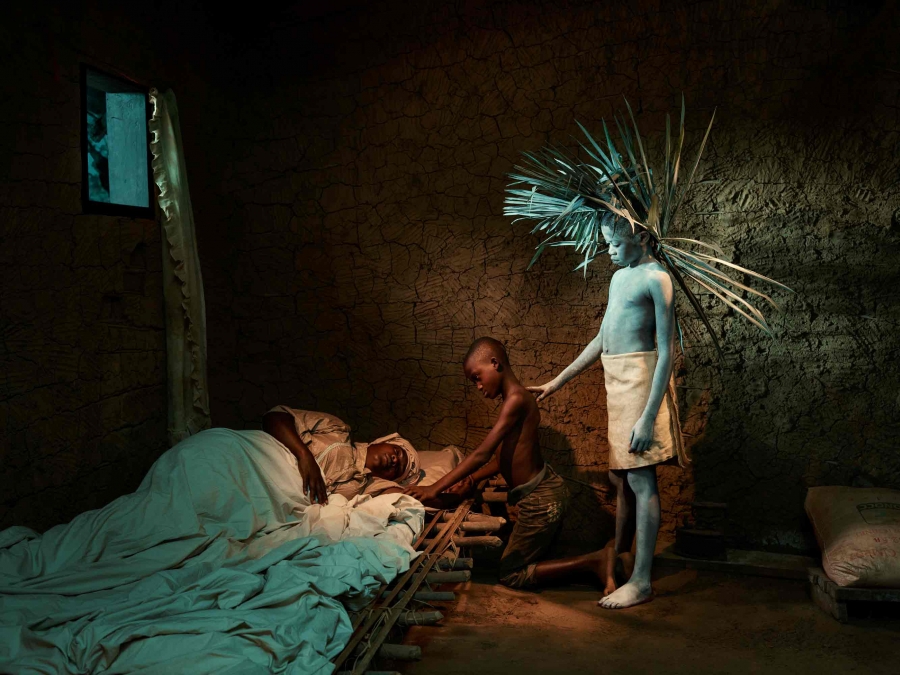
The Poisoned Antelope and Cultural Change
Last year, we dealt with many changes.
I had the good fortune of joining a project dedicated to saving the second largest rainforest on our planet, the Congo Basin. The genius minds behind that project had made a compilation of Congolese folklore and mythology. The Congolese have passed these stories from one generation to another for over three thousand years. The book, Congo Tales, is filled with stunning photographs taken by Pieter Henket and stories that easily remind the reader of The Brothers Grimm fairy tales. This selection captures Congolese culture and wisdom in a most breathtaking way. As an advocate of cultural change, one story in particular stood out to me, The Poisoned Antelope.
Without too many spoilers, it is a cautionary tale that warns of upholding traditions that could prove to be fatal for the very people who practice them. It highlights important moments that break tradition and ultimately “change the course of destiny”. I love that this story challenges the mindset of doing things just because that is how they have always been done. It is a story, almost idiomatic, about cultural change. This story urges the reader to reflect on whether current cultural practices are still good for us. On the other side of that same coin, do we know which traditions need upholding now more than ever? How can we tell one from the other?
To be honest, I know that most of us don’t think about these things. Mostly because one major aspect of culture is that it is self-evident. We don’t think about how culture affects our beliefs, decisions, and actions. Culture is meant to offer a comfortable autopilot. Thankfully, it keeps every generation from having to reinvent the wheel from scratch. Culture is everywhere, but also hard to recognize or clearly define.
So, how do we shape something so difficult to grasp? Yes, curiosity will bring you further… How do you, as an individual, choose which things to take off of autopilot? Many of us feel the turbulence. Even if I can decide for myself, how can we adjust from the autopilot to an active pilot in groups?
4 Maxims of Conversation
Yes, this sounds like a lot. Fortunately, experts agree (wink, wink) that most cultural change begins with a conversation. As many of us emerge from the limitations of on-screen communication, we may have developed excellent clicking and swiping skills. Unfortunately, clicking and swiping skills don’t focus on cooperative communication which you need for tackling change. That means our face-to-face communication skills may be a little rusty. H. Paul Grice’s 4 Maxims of Conversation from pre-digital times are a lovely refresher. These maxims are great news for intersectionality fans because they comply with the Cooperative Principle. Using these language tools maintain safe spaces even when there are disagreements. This scientifically approved tradition of verbal exchange can aid us in bigger conversations. It is worth reviewing, all it takes is a willing conversation partner.
There are so many traditions worth celebrating, and some that have run their course in this day and age. I love that a tale from Congolese forest dwellers can succinctly remind us when to look inward and pursue necessary change.
We can begin by being mindful of how we communicate. How and where you talk can become a new tradition in itself. Talking to others about their favorite traditions can actually help you shape and decide for yourself. You might discover how to express the values that you actually hold dear. If you get stuck or conversations aren’t flowing, you can find me on my webpage or contact me via email cavanahazelton@gmail.com
Let me know how it goes!








No Comments